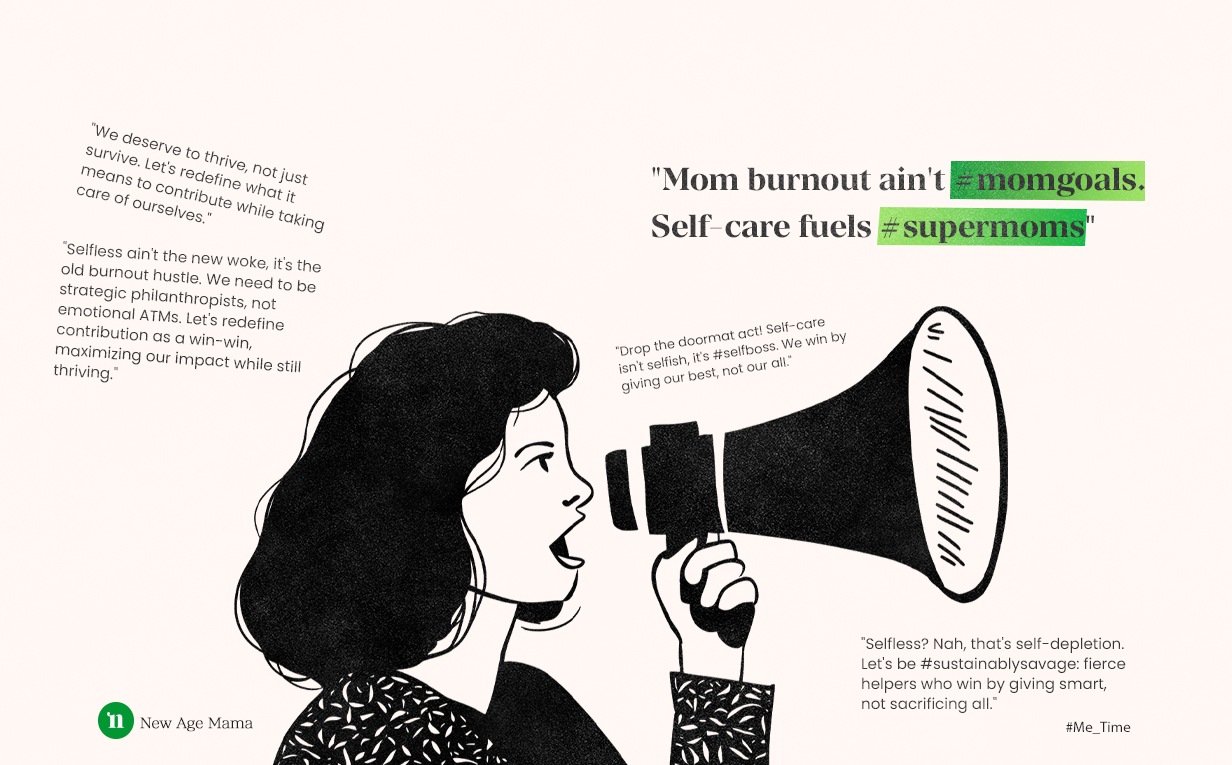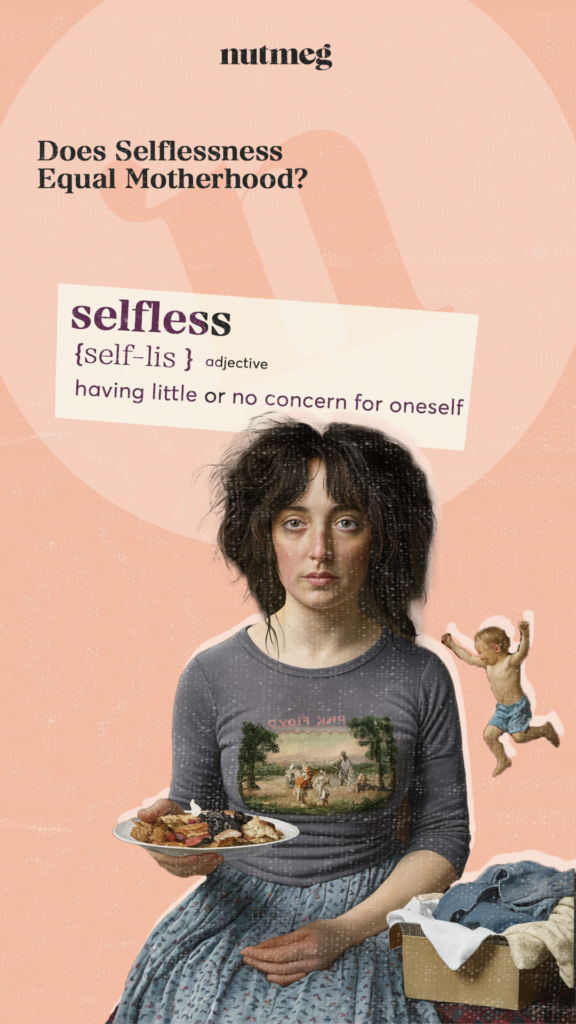
Redefining Motherhood as Fierce Support, Not Self-Depletion
The term « mom » in the Middle East often comes not with a name, but with a title: « Umm [child’s name], » meaning « Mother of. » It’s a badge of honor, a symbol of respect for the woman who raised a child. But what happens when this honor becomes a cage, where a mother’s identity is defined solely by her children?
Society often tells moms to prioritize everyone else’s needs, leaving ourselves drained and frustrated. This constant selflessness can lead to burnout, resentment, and problems in our relationships. It takes effort to break free from this expectation and learn to communicate our own needs effectively.
« Does fulfilling the societal archetype of the self-abnegating mother necessitate the complete giving up of one’s own well-being? «
The very proposition seems inherently paradoxical, yet it persists as a pervasive societal expectation. This constant pressure to prioritize the needs of children over self-preservation (own needs) feels like a total gaslight.
The act of asserting boundaries isn’t simply about establishing limitations; it’s a potent form of self-compassion rooted in core psychological principles. As renowned therapist Lillian Wang aptly states, « When we assert our boundaries, we are essentially saying, ‘Yes, you matter, but I matter too.' » This seemingly simple statement underscores the concept of interdependence, a crucial aspect of healthy relationships. Research by interdependence theorists like Margaret Kelley [1] demonstrates that strong relationships thrive on mutual respect and the understanding that each individual’s needs hold value. Furthermore, boundary setting aligns with the concept of self-efficacy, a psychological term referring to one’s belief in their ability to manage challenges and achieve goals [2]. By asserting boundaries, we empower ourselves, sending a clear message (both internally and externally) that we are capable of advocating for our well-being and managing our resources effectively. This fosters a sense of emotional intelligence, a key component of mental health, allowing us to navigate relationships with greater clarity and self-awareness [3]. Ultimately, establishing boundaries isn’t a selfish act; it’s a necessary step towards fostering healthy, interdependent connections and cultivating a strong sense of self.
The weight of a mother’s lost self can be a heavy burden for daughters to bear. I, like so many others, grapple with the absence of the woman my mother could have been, overshadowed by the societal ideal of the selfless nurturer. My mother, meticulously sculpted by societal expectations, vanished into the role, her own desires a forgotten melody. The echo of her preferences is a chilling silence – « whatever you like, » she insists.
This yearning for an unknown version of her, a woman with an identity beyond « wife » and « mother, » is a profound ache that words struggle to capture. Yet, amidst the love I have for her, a fierce resolve ignites. On this Day, and every day, I refuse to be another casualty in this generational war of self-abnegation. The cycle of martyrdom and self-sacrifice ends with me.
Does Selflessness Equal Motherhood?
Modern motherhood is a battlefield. Society bombards us with the « perfect mom » ideal, often rooted in the outdated notion of unwavering selflessness. But what if this very notion is leading us, and our children, down a path of burnout and resentment?

Ever get salty because your partner gets to unwind while you’re stuck on « Mommy Duty 24/7? » Girl, who’s stopping you? You, that’s who. Dr. Lakshmin, the queen of truth bombs, dropped this knowledge in the New York Times: « Taking back your time » is about giving yourself permission to prioritize you.
Basically, self-care isn’t some magical spa day (although those are awesome too!). It’s recognizing that YOU are the gatekeeper of your own happiness. Nobody else gets to decide what makes your soul sing. Find those things – that yoga class, that bubble bath, that solo coffee run – and weave them into your life. Self-care isn’t an escape hatch; it’s building a life you actually want to live, not just endure.
Here’s the kicker: prioritizing yourself isn’t selfish, it’s essential. A stressed-out mama is no good to anyone. Plus, by showing your kids that self-love is a priority, you’re teaching them a valuable life lesson.
But self-care for mothers shouldn’t be a radical act – a badge of rebellion against societal norms. Prioritizing ourselves shouldn’t be equated with maternal neglect. It’s time to dismantle this harmful stigma.
By nurturing myself, upholding boundaries, and prioritizing my well-being, I not only defy this expectation, but become a more empowered mother and partner.
My family will receive my unwavering love and support, but they will also witness my strength. They will see me, not just as a mother and wife, but as an individual – a dreamer, a fighter – whole and complete. In refusing to be subsumed by motherhood, I claim my rightful place, not as a selfless martyr, but as the woman I am meant to be.


